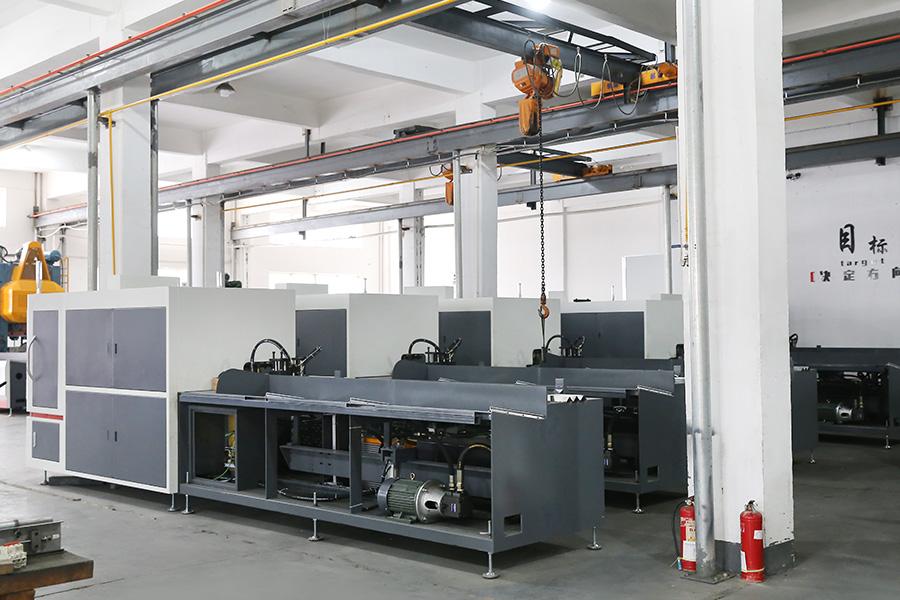The Hot Forging Machine plays an important role in various sectors of the metalworking industry. Its ability to process metals at high temperatures allows manufacturers to produce components with strong mechanical properties and reliable structural integrity. This equipment is widely applied in fields such as automotive, aerospace, construction, and agricultural machinery.
In the automotive industry, Hot Forging Machines are commonly used to manufacture critical parts like crankshafts, gears, axles, and connecting rods. These components require superior strength and durability, and the forging process ensures consistent performance under continuous mechanical stress.
Aerospace applications also depend on this technology for producing engine parts, landing gear components, and other structural elements that must withstand demanding operational conditions. The forging process enhances material density and eliminates internal voids, reducing the risk of failure in service.
In construction and heavy machinery, Hot Forging Machines are responsible for creating parts such as hooks, bolts, and support brackets. The ability to form complex shapes from various metals, including steel, titanium, and aluminum, makes the machine highly adaptable for different projects.
Additionally, the agricultural sector benefits from forged parts like plow blades, couplings, and tractor components. These parts need resistance to impact and fatigue, which the forging process effectively provides.
The versatility of the Hot Forging Machine ensures its continued importance across industries that demand both strength and reliability in their metal parts.
